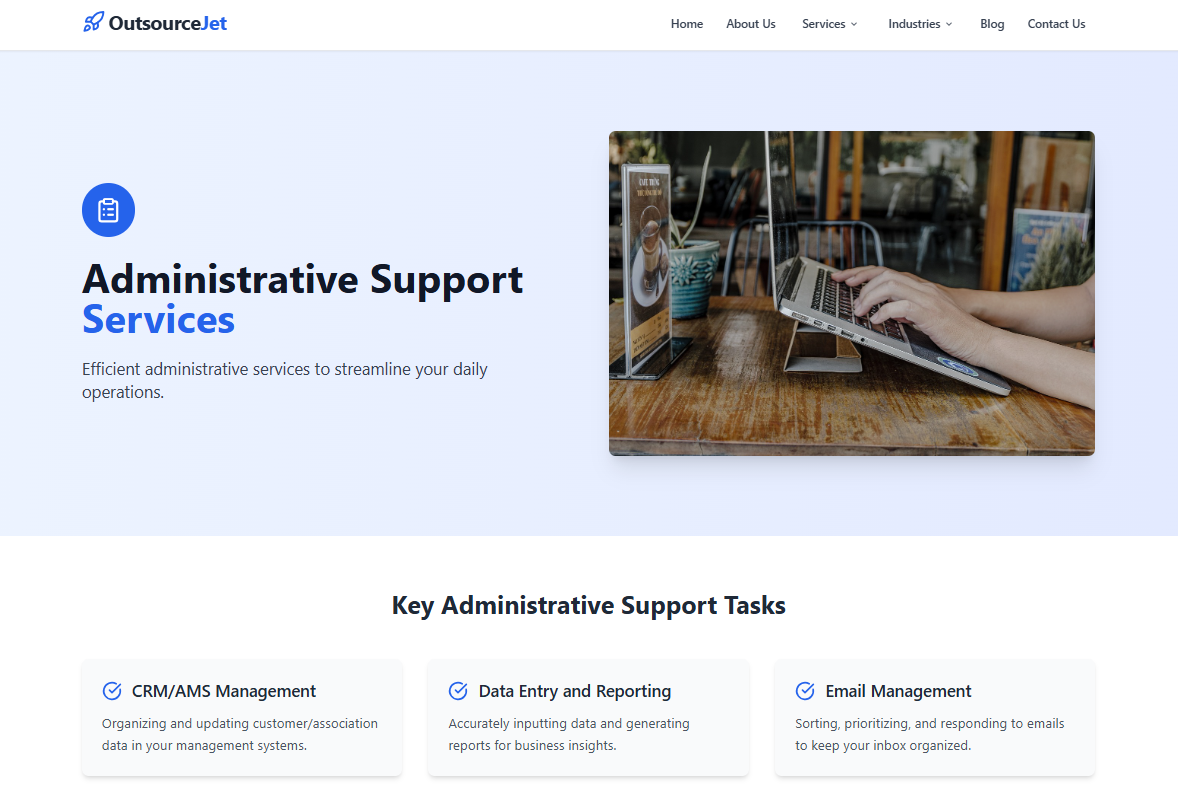Managing a global team is no small feat. It’s a complex dance of time zones, cultures, communication styles, and workflows that many businesses find challenging to master. That’s where companies like OutsourceJet come in, offering an offshore model that’s refined through years of experience to help businesses successfully navigate these challenges. Understanding their best practices can provide valuable insights into how global team management can become not just manageable, but a strategic advantage.
One of the first things OutsourceJet emphasizes is the importance of clear communication. When your team is spread across different countries and continents, misunderstandings can easily occur if communication isn’t crystal clear. This means setting up reliable channels like Slack, Microsoft Teams, or Zoom and ensuring everyone knows the protocols for daily check-ins, reporting, and problem escalation. It’s not just about tools, though—it’s about building a culture where open, honest communication is encouraged and expected.
Another cornerstone of their offshore model is aligning expectations right from the start. When teams are remote, clarity about roles, deadlines, and deliverables is essential. OutsourceJet makes sure that every member of their global teams understands not only their tasks but also how their work fits into the bigger picture. This kind of alignment keeps projects moving forward smoothly and reduces friction that can come from misinterpretation or unclear priorities.
Time zone differences often get a bad rap in global outsourcing, but OutsourceJet turns this into an advantage. They strategically staff teams so there’s some overlap in working hours, making real-time collaboration possible without forcing anyone into odd schedules. This smart scheduling balances productivity with respect for personal time, which is vital for maintaining motivation and avoiding burnout among offshore workers.
Cultural awareness and sensitivity are another major pillar. OutsourceJet invests in training their teams to understand different cultural norms and working styles. This awareness fosters respect and collaboration, helping prevent conflicts that can arise from simple cultural misunderstandings. For businesses working with offshore teams, this is a crucial factor that often gets overlooked but makes a huge difference in day-to-day operations.
Performance management in an offshore setup requires a different mindset. Instead of focusing on micromanagement, OutsourceJet encourages outcome-based evaluation. That means measuring success by the quality and timeliness of deliverables rather than hours logged. This approach builds trust, empowers employees, and focuses energy on results, which benefits both the business and the individuals on the team.
Technology plays a huge role in their model. From project management tools like Asana or Trello to time-tracking software and cloud-based file sharing, OutsourceJet leverages the best tech to keep teams connected and workflows transparent. This infrastructure not only supports productivity but also enables managers to monitor progress and intervene quickly when needed, even from thousands of miles away.
Building relationships is just as important as processes and tools. OutsourceJet encourages regular virtual social interactions, team-building activities, and check-ins to create a sense of belonging. For remote teams, feeling connected to colleagues and the company’s mission is vital for engagement and retention. This human touch ensures offshore teams don’t feel like distant contractors but integral members of the organization.
Security and confidentiality are critical when managing offshore teams, especially when sensitive data is involved. OutsourceJet employs strict security protocols, from encrypted communication to rigorous access controls and compliance standards. This protects both the client’s information and the company’s reputation, which is essential in a global business environment where trust is everything.
Finally, continuous improvement is baked into the OutsourceJet offshore model. They regularly collect feedback from clients and team members alike, using it to refine workflows, training, and communication strategies. This commitment to learning helps them adapt to changing needs and technologies, ensuring their global team management practices stay relevant and effective over time.
In short, OutsourceJet’s offshore model demonstrates that managing a global team successfully requires more than just hiring remote workers. It demands clear communication, cultural sensitivity, smart scheduling, outcome-focused management, the right technology, and a commitment to relationship-building and security. Businesses that adopt these best practices can turn the complexities of global team management into a powerful growth engine.

